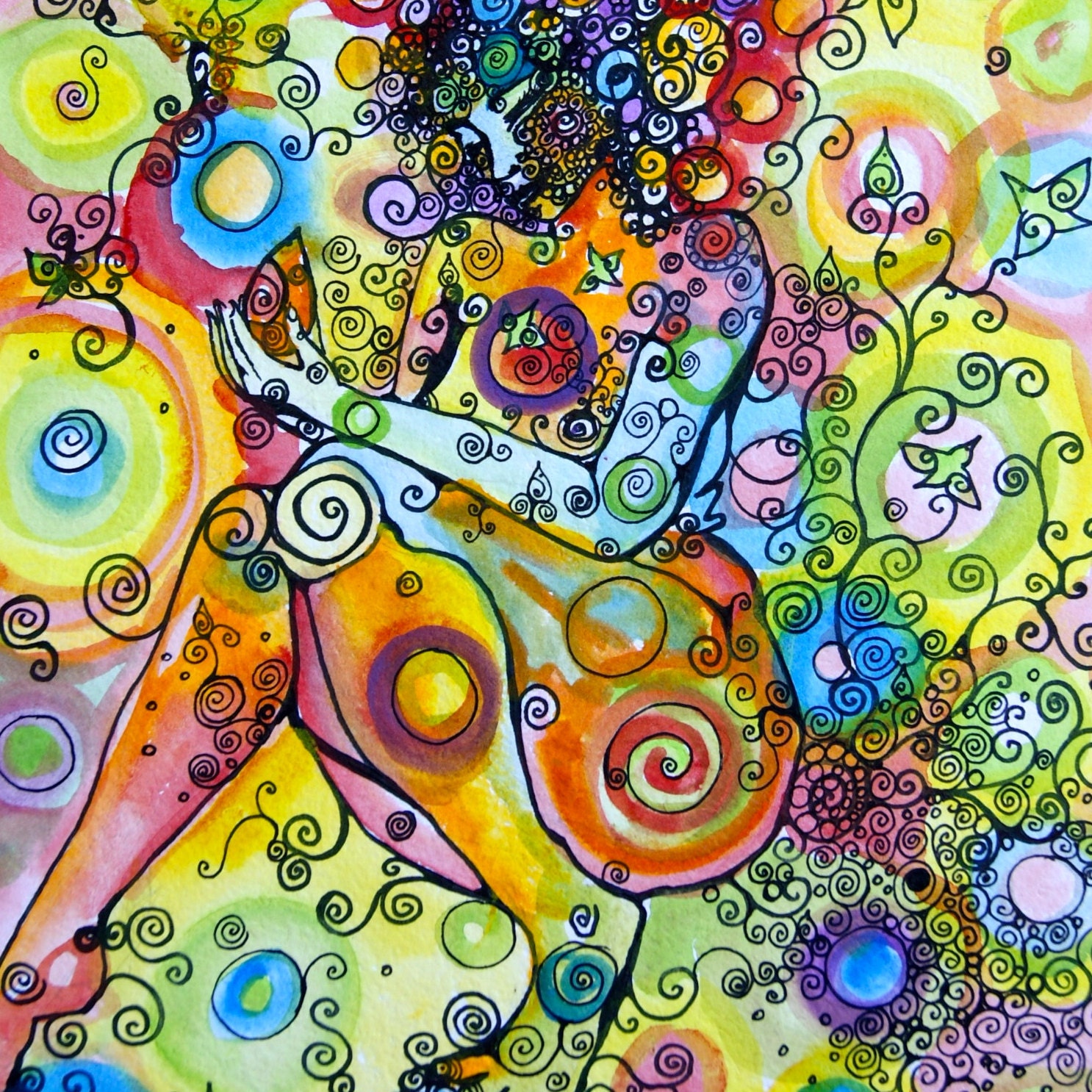What Do You Mean By Vocation?
Vocation can be a tough subject in the patriarchy dominated hierarchical structures of the Church. Going to Catholic schools as a child, vocation was explained to me in a few very specific ways. Men could be called to a vocation of the priesthood, religious life, the diaconate, single life, or married life. Women could be called to a vocation of married life, religious life, or single life. Growing up, I understood this to mean I could be a wife and mother, a nun, or alone. Not much depth was given to any of these choices and none seemed particularly attractive to me as a young girl.
I had plenty of examples of married women with families, so I assumed that would be my vocation too. I had some exposure to women religious, but only as teachers. I didn’t know what their day to day life and ministry looked like. I certainly didn’t know many unmarried adults and the ones I did know, I assumed were single by accident. The callings of the adults in my life felt like random chance as opposed to strategic choices or divine intervention. At the time, I’m not sure I would have called them choices at all, in the way they were presented to me. Vocation was supposed to be like a seed God planted in our heads that would one day magically sprout into the right path. Choice did not factor into this equation; only waiting for the moment that everything would click into place and God would speak to me from on high.
Vocation was also explained as a particular career path. Some people are called to be doctors, others engineers, some authors, and some lawyers. Vocation was described as an occupation that one chose because they were good at it. This interpretation didn’t satisfy me either, as I never felt like there was one job I was more drawn to than any other. When asked what I wanted to be when I grew up, I feel like I had a different answer every month. That doesn’t scream God is calling me to a specific place in life. In fact, I thought I knew what I was meant to do when I entered college, but plans shifted quickly when I failed a key class for my major. This led me to feeling very lost and to changing my major very early in my freshman year.
It wasn’t until I was a theology student later that year that I learned about discernment and the process of examining our calling in life. Discernment is “a process of discovering God’s direction and guidance in the concrete reality of our day-to-day lives.” This often looks like periods of prayer and reflection, research and exploration, and pondering what the future may look like in various directions. Uncovering one’s vocation is more of an endeavor than I initially thought as a kid. Putting in the work to discern our vocations is essential to figuring out where we fit into the larger plan of salvation. As I shared in last week’s blog post, “The place God calls you to is the place where your deep gladness and the world’s deep hunger meet.” Learning this meeting point takes patience and a willingness to investigate all the possibilities of what that place may look like.
Finding one’s vocation does not mean one career path forever, one family situation forever, or one location forever. Rev. Barbara Brown Taylor said,
“I have a number of different callings. I think it’s possible to be called away from things I have been called to in the past. There are goodbyes as well as hellos in our callings. Because a calling doesn’t have to be for a lifetime.”
I take this to mean that although God calls us to certain places and things, that calling may express itself in a number of different ways throughout our lives. Through the process of discernment, we have the opportunity to constantly reexamine how we are living into our vocation and how our vocation is working for us. We make the choice of how to express our vocation at any given moment. As we grow and change, this expression of vocation is bound to grow and change with us. I believe God expects this of us. Whatever our vocation, our calling, our place in this world, it must bring us joy and it must serve more than just ourselves. The waves of gladness that our vocation brings us also gladden our communities and our God.


3 Responses
Sara, I love this reflection and am happy that your vocation right now is writing for The Table.
Consider: http://pelicanweb.org/CCC.TOB.html
My best definition of vocation– What you can do that no one else can do, and if you do not do it it will not get done in this world.